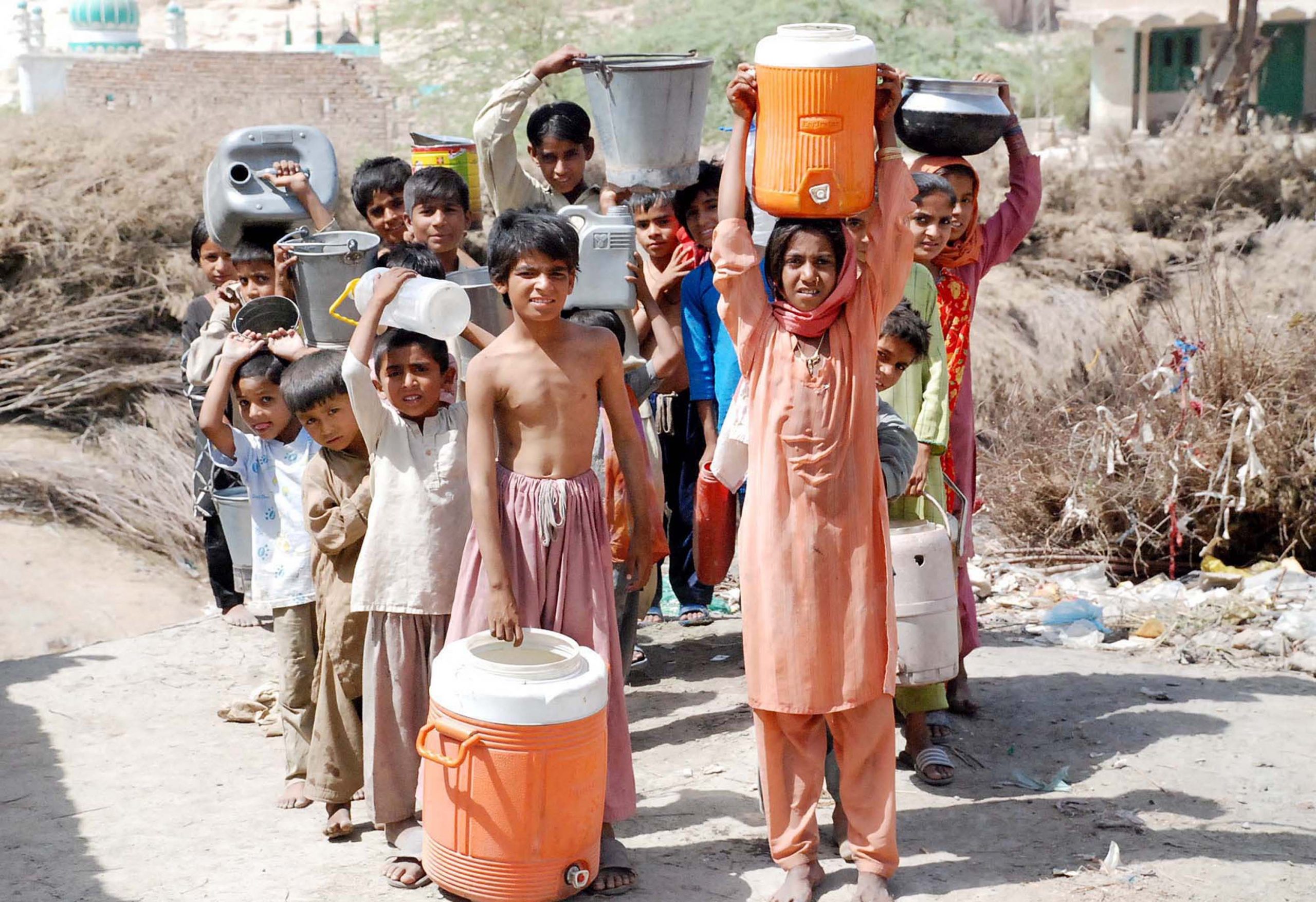[dropcap font="" size="50px" background="" color="" circle="0" transparent="0"]T[/dropcap]he government is dealing with Sri Lanka’s
economic and political crisis with a heavy hand. It has clamped down on free speech and media freedoms.
The compounded impact of eye-watering foreign debt of
US$12.55 billion, corruption, and the COVID-19 crisis has crippled the island nation’s economy. The crisis and shortages of essential items led fed-up Sri Lankans to stage large
spontaneous demonstrations near the president’s residence in Colombo on the evening of March 31.
The sporadic countrywide protests are continuing, with the participants chanting, “
Gota go home.” Gota is the nickname of President Gotabaya Rajapaksa.
In response, the telecommunications regulatory commission announced on April 3 that it instructed service providers to block all social media usage in the country at the request of the defense ministry, reports
IFEX, a global nonprofit promoting and defending freedom of expression. This was after the president declared a state of emergency and imposed a 36-hour nationwide curfew.
Activist group
Free Media Movement has condemned the total social media blackout, which lasted
15 hours. It said that “social media has … become … an essential tool for enjoying the … freedom of expression, including freedom of speech and publication, as well as freedom of assembly and association.”
Social media has also become a broad platform for professional media coverage. The group states that “(t)he arbitrary move by the government is a violation of the right to information of the people, as well as the trade union rights of the media community.”
Reporters Without Borders (RSF) expressed grave concern over the journalists who have been harassed or attacked by the police since the anti-government protests began on March 31. At least
nine have been injured in protests.
Daniel Bastard, head of RSF’s Asia-Pacific desk, said, “The attacks against them under the state of emergency are absolutely unacceptable.” He called on president Rajapaksa “to immediately end all attacks on social media on the island and to allow reporters to freely cover these historic protests.” Sri Lanka is ranked 127th out of 180 countries in RSF’s 2021
World Press Freedom Index.
In a statement issued on
April 5, the spokesperson for the UN High Commissioner for Human Rights voiced concern about the measures taken by the Sri Lankan authorities under the state of emergency. Such measures “are aimed at preventing … people from legitimately expressing their grievances through peaceful protests and … frustrate the exchange of views on matters of public interest.”



















































